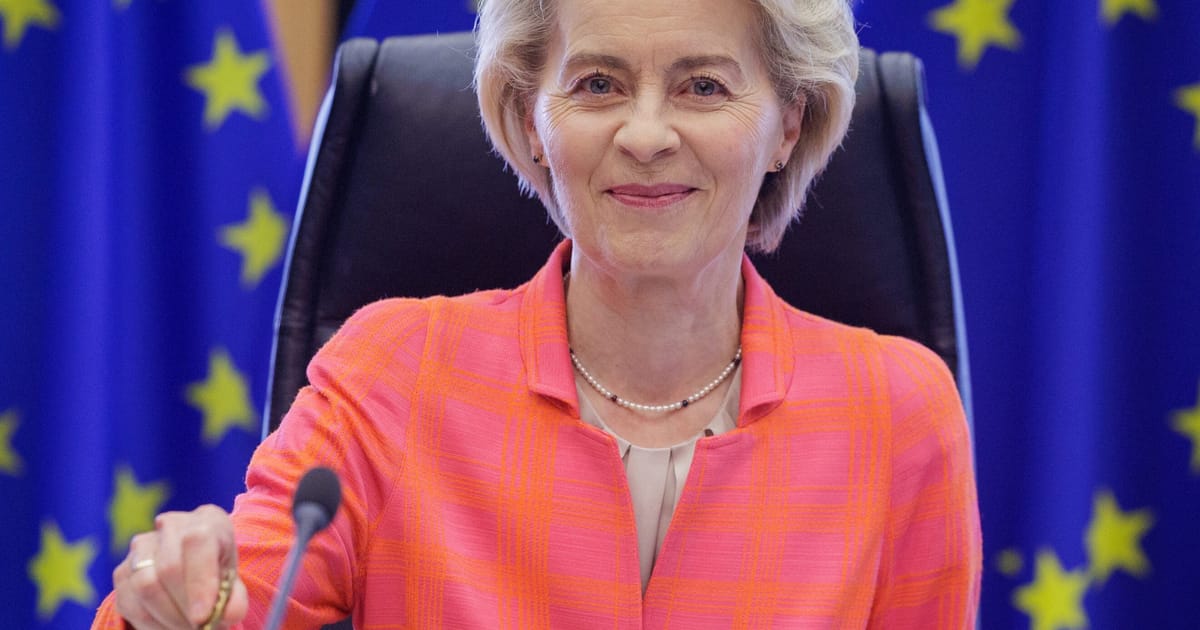Brussels expects Trump to group America’s trade partners into three categories, associating tariff levels to Washington’s perception of progress in the talks, as POLITICO first reported. A first category would include countries with whom Washington has already reached a provisional agreement — such as the U.K. and Vietnam — and could benefit from additional tariff relief.
Universal tariffs – as announced on April 2 – would kick back in for countries with no agreement but where talks are progressing in good faith. Finally, a third group of countries where progress isn’t deemed sufficient, could see high tariffs being reimposed.
U-turn
Trump’s latest announcement has, however, sown confusion in Brussels and other EU capitals — and raised, once again, the question whether a fast and potentially imperfect deal would be preferable to lengthy negotiations.
So far, heavyweight countries such as Italy and Germany have been vocal supporters of a faster deal, even at the cost of making greater concessions to the U.S. — as long as Washington lowers its duties on strategic sectors.
Other countries that are heavily dependent on exports, such as Ireland and Hungary, are also supportive of that line.
France, alongside Spain, so far took a more confrontational approach, urging the EU executive to take a tougher stance.
